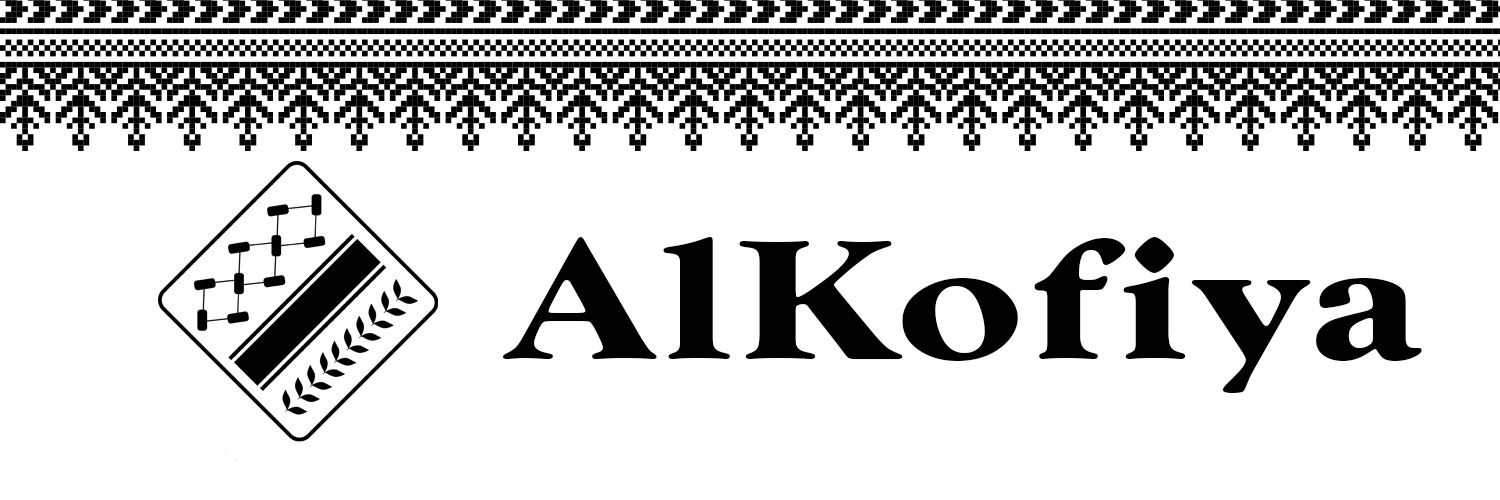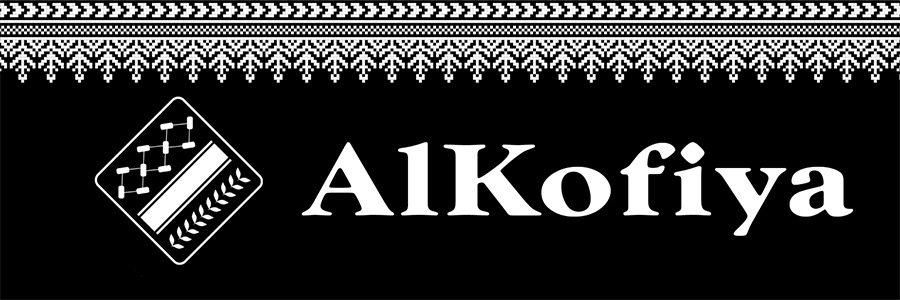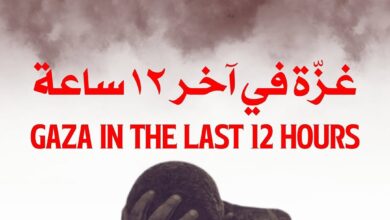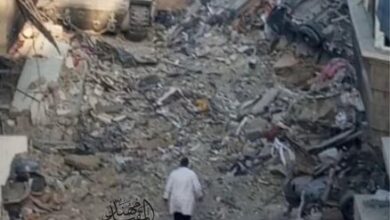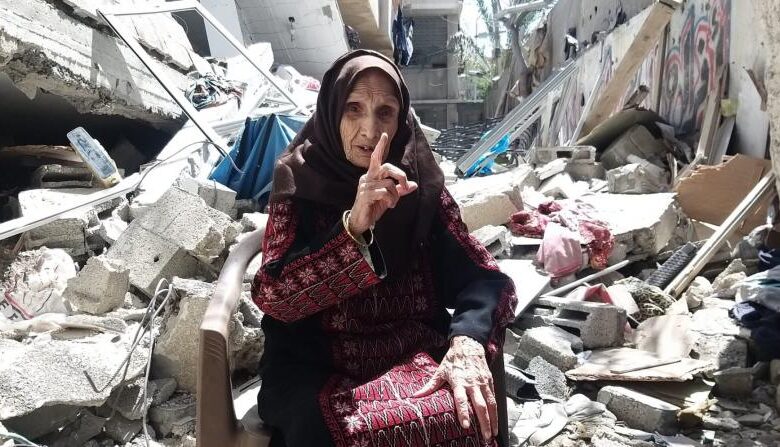
Memory did not help Intisar Muhanna (95 years old), known as “Umm Freij,” as she complained to reporters about the new tragedy that befell her and her children and grandchildren as a result of targeting civilian homes during the Israeli military aggression on Gaza.
The warplanes of the occupation army destroyed, in an air strike, at dawn last Friday, the old woman’s house and made her lose the only shelter she sought refuge in in Gaza, displaced from the village of Al-Masmiya Al-Kabira in the Palestinian interior, under the weight of the crimes of the “Zionist” gangs during the Nakba of 1948.
As a result of the combined crime of the occupation, Muhanna is now living a new chapter of the Nakba in her 75th anniversary, which falls on May 15 of each year.
Refugee History
In front of her destroyed house in the Yarmouk area in the center of Gaza City, Muhanna sat sad, receiving sympathizers and those in solidarity with her, after she survived the crime of the violent bombing, which turned five floors into a pile of rubble.
The details of her face and the wrinkles that formed on it told the story of a Palestinian refugee woman who had tasted the bitterness of living far from her home, from which she was forcibly expelled during the Nakba memory.
The warplanes destroyed a number of residential homes during a military aggression launched by the occupation army at dawn last Tuesday, during which 6 leaders of the Al-Quds Brigades, the military wing of the Islamic Jihad movement, and a number of women and children, were martyred, with a total number of 33 martyrs during 5 days of the aggression.
Muhanna – who has four sons and five daughters, the eldest of whom is 65 years old and the youngest 48 years old – was one of the civilian victims who are usually subjected to heinous crimes committed by the occupation army in every military aggression.
This lady does not have much to say, except for saying repeatedly: “God is sufficient for us, and He is the best disposer of affairs.” She still remembers the details of her displacement from the village of Al-Masmiya Al-Kabira, whose father, Ibrahim Harb Muhanna, was one of her pillars and mayors.
Muhanna says about her father: “He was the commander of a revolutionary unit.”
At that time, the Palestinian revolutionary forces were resisting the British after their occupation of Palestine following the end of World War I, and confronted the “Zionist” gangs that killed thousands of Palestinian citizens, and their massacres resulted in the Nakba.
Despite her advanced age and the tragedy of her displacement, this refugee has a sense of humor that you rarely find in a woman of her age. Journalists gathered around her, her children, and a number of her grandchildren listening to her stories about the 1948 migration, and her new catastrophe, with the destruction of her only shelter.
The village of al-Masmiya al-Kabira is located 41 kilometers northeast of the Gaza Strip, about 39 kilometers from the city of Jaffa, and is 75 meters above sea level. Its land area is 20,687 dunums, according to historical references.
New Nakba
The Muhanna family’s house, which was hit by the occupation’s bombs, consisted of 5 floors – a ground floor and four multiple floors – and housed 29 people, according to Muhammad Muhanna (53 years), one of the children of the elderly refugee.
And he said: “In the early hours of Friday dawn, specifically at 1:30 at night, I was surprised by a call from a private number.”
“When I responded to the call, a person who identified himself as from the Israeli intelligence responded to me. I did not really know what he wanted at that time, but he asked me to evacuate the house and the neighboring houses from all sides in preparation for its destruction.”
Soon, Muhanna heard the request of the occupation intelligence officer, so he rushed to evacuate the family’s house, and he resorted to telling the neighbors to move away from the area.
He added, “We were not able to take our necessary needs after the threat of bombing. We left the house immediately and left everything behind. They destroyed our memories and the bombs buried the innocence and dreams of our children.”
As soon as the cease-fire agreement was announced, last Saturday evening, the following hours revealed the extent of the crime that civilian homes were subjected to as a result of being targeted by warplanes’ bombs.
Muhanna continued: We were shocked when we saw our house, and the Israeli bombs caused the land to swallow half of our residential building.
In one of the destroyed residential apartments, owned by Hazem Muhanna, he used to store “antique” pieces, which he described as “precious”, costing more than $30,000, all of which had fallen under the rubble.
The occupation’s crime of demolishing the family home has become, in the eyes of the sons, daughters, and grandchildren of the elderly Muhanna, a new chapter of the Nakba that the occupation army is making, which was formed from the “Haganah”, “Irgun” and “Ashtarin” gangs and others who carried out shameful crimes to establish an entity (Israel).
However, the refugee Muhanna, despite the ongoing catastrophe that she and her children and grandchildren are experiencing, seems to be more committed to returning to her displaced homes than ever before, and she is eager for this moment despite her advanced age.
As for her son, Raafat, he asked: “What sin did we commit that our house was destroyed? Indeed, we are living through a new catastrophe.”
He added: Our children, women and adults do not deserve the crimes committed by the occupation army.
